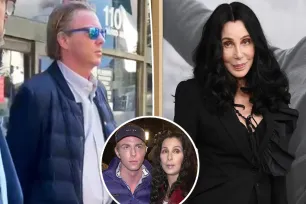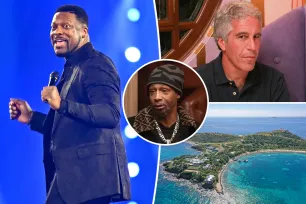A crucial scene from Jeo Baby’s brilliant Kaathal-The Core reminded me of a man I interviewed a decade back. In the scene, Mathew (a brilliant Mammooty), a middle-aged married man fighting a divorce case, takes the stand. His wife, Omana (Jyothika), has declared in her petition that he is gay and has subjected her to mental “cruelty”. He is asked by the opposition lawyer if he thinks being gay is a natural thing, he answers in affirmative. She then asks him if he is gay, his answer is a swift “no”.
The story I reported was about gay men who choose to get married to women, without coming out to them. After a doctor of Delhi’s AIIMS died by suicide, stating in her suicide note that she had discovered that her husband was gay, we interviewed gay men across the country, on condition of anonymity, of course. I met one such man in a Kolkata bar. Much like Mathew, he was fighting a particularly messy divorce battle with a woman he had been married to for a few years. His wife wanted divorce on similar grounds, she accused him of cruelty. He talked about growing up being attracted to women, he talked about his many relationships with other men, but he kept insisting that his (then) wife was lying about him. That he can be married to his wife, though he is only attracted to men. As journalists, we are trained to not judge our subjects, but I hated that man then. He made me feel ashamed of being a gay man. It’s so easy to be ashamed of oneself when you live on the fringes.

Indian Express Entertainment is now on WhatsApp Channels. Follow us for the latest news, interviews, reviews, photos and more.
In Kaathal-The Core, it’s stated that 80 percent of gay men in India choose to get married to women. I don’t know about the source of that figure, but my experience as a queer journalist tells me that the number could very well be higher. Mathew, the protagonist of Jeo Baby’s film, is one of them. He has trained himself to believe in his lies. He has to live up to the expectations of his family and society. He has managed to impregnate his wife, he can safely tell himself that his duty towards her is fulfilled. He is fighting an election on the basis of his impeccable reputation. And most importantly, he has been a good son to his father, who emotionally blackmailed him into getting married. But it takes just one truth to shatter this diorama of lies.
Omana, who is steadfast in her decision about the separation, makes you almost pity Mathew. Why can’t she be a little kinder to him, stay married till the elections are over? But Jeo Baby ensures that we realise that she needs to rescue herself too. She has known his truth for years, she has tried to end this lie for decades. She has protected him for decades knowing fully well that till 2018, gay sex was a punishable offence in India. In the climactic scene, after Mathew apologizes to her for all the wrong he has done to her, saying he was scared, Omana asks him to rescue himself. She knows that he is as much a victim of patriarchy as she is. She knows how easy it is to disappear in a life of lies.
Also read | Kaathal as a ‘problem movie’: Jeo Baby and the Ibsenesque turn in Malayalam cinema
Queer people will tell you about hundreds of Mathews they meet in their lives. Men (and women) who disappear from queer circles suddenly, and then you come across their wedding pictures on social media sites. Their profile is, by then, cleaned of all queer friends. Telltale pictures deleted. A new truth created for a new life. Or rather a lie they have to live over and over again like Mathew.
One can only hope that they too, like Mathew, manage to rescue themselves.
Disclaimer: The copyright of this article belongs to the original author. Reposting this article is solely for the purpose of information dissemination and does not constitute any investment advice. If there is any infringement, please contact us immediately. We will make corrections or deletions as necessary. Thank you.







